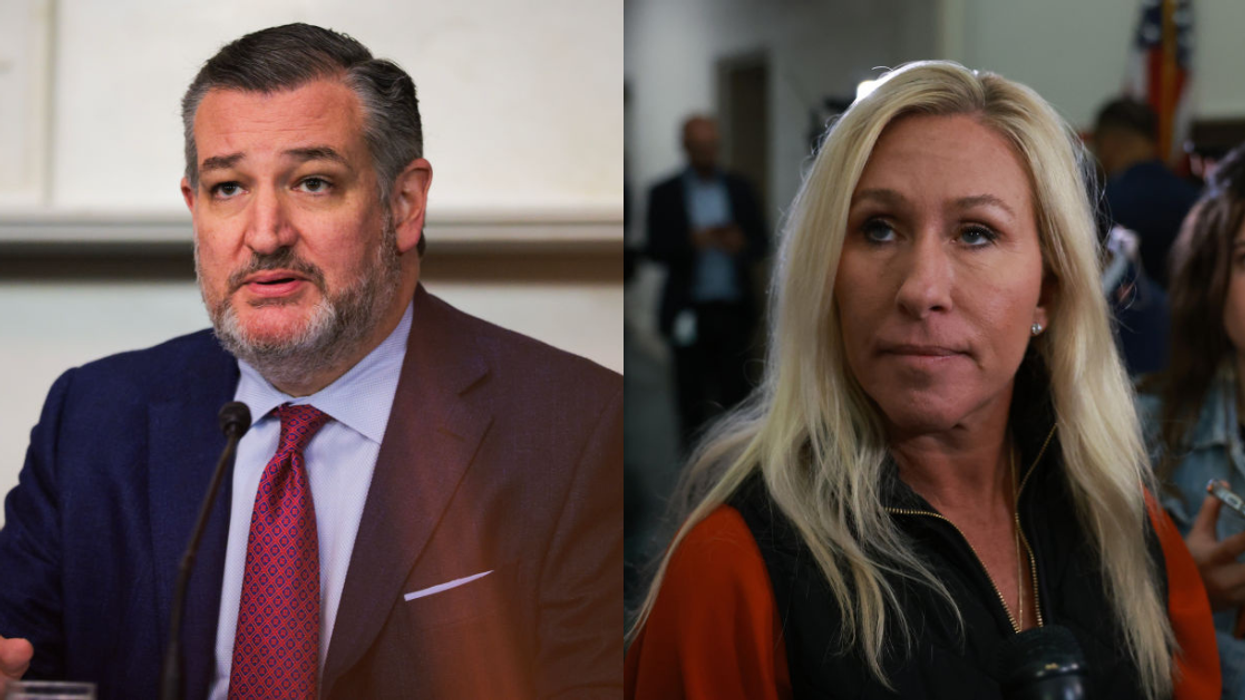There was a Friday evening news dump of sorts on the January 6 investigation.
To understand Friday’s legal development a bit better, we first need to rewind to events of this past summer. On August 10, 2022, federal investigators seized the cell phone of Rep. Scott Perry (R-PA), a close Trump ally in Congress.
This followed on the June 2022 seizures of phones owned by two suspected coup plotters, Department of Justice official Jeffrey Clark and Trump lawyer John Eastman. Investigators had also recovered documents from Department of Justice official Ken Klukowski, who was working with Clark to overturn the election but is now cooperating with prosecutors.
The seizures set off alarm bells in Trumpland because they meant that one or more federal judges had signed off on the search warrants. That meant the Department had established that there was probable cause to believe crimes had been committed and that evidence of those crimes could be found on those electronic devices.
After that flurry of activity, there was no further news about those phones and what communications they or the other devices of these Trump allies contained…until yesterday. Late Friday, at the request of the Justice Department, the Hon. Beryl A. Howell, chief judge of the Federal District Court in Washington, D.C., unsealed two earlier orders she had issued. While the orders remain partially redacted, they reveal some important behind-the-scenes information.
Investigators had seized the documents from lawyers and a sitting Congressmember, so per protocol a “filter team” at the DoJ had been reviewing the documents for any potential attorney-client or work product privileges. (The apt name of the filter team raised a chuckle: “Project Coconut.”)
Following the review, the Trump allies sought to prevent the turning over of certain evidence, but in two rather scathing orders, Judge Howell ordered them released to investigators.
Key Documents the Parties Fought Over
The orders revealed the extent of the emails that the investigators had retrieved from these Trump allies, amounting to over 130,000 documents. But it’s always interesting to see which documents, among so many tens of thousands, the parties seem to care most about—so much so that they will file motions to prevent or force their disclosure.
Among these were 37 documents (comprising communications and attachments) involving Rep. Perry’s email address and 331 versions of what appeared to be an autobiography outline autosaved to Jeffrey Clark’s Google account. Let’s take a look briefly at each of these.
But His Emails
We don’t yet know the precise substance of Rep. Perry’s emails and attached documents, but we know some general contours from the non-redacted parts of one of Judge Howell’s orders.
Remember that Perry was the Trump ally who introduced Jeffrey Clark to the former president and had suggested that Clark be made head of the DoJ in the waning days of the Trump presidency—a plan considered but ultimately rejected by Trump because of the threat of mass Department resignations should he do so.
According to the unsealed orders, Perry was in communication with Klukowski eight days after the election regarding a document entitled “Electors Clause / The Legislature Option.” That document advanced the “independent state legislature” theory, a rather wild legal Hail Mary that insists that, under our Constitution, the state legislatures should have the final say on presidential elections.
That idea in turn was key to Clark’s infamous draft letter to Georgia legislators, which sought falsely to convey that the DoJ was still investigating widespread election fraud. That letter was intended to persuade the legislators to come back into session and declare the election for Trump.
Perry was also in frequent phone contact with Eastman in the weeks before January 6 and via email in February 2021, but the contents of those calls and emails remain non-public.
Perry’s communications with the coup plotters raise the possibility that he is at least an important witness, if not himself a co-conspirator, to the Trump White House plot to overturn the election.
Perry happens also to head the far-right House Freedom Caucus, a powerful faction within the GOP that holds the keys to whether Rep. Kevin McCarthy has enough votes to become Speaker next month.
The emails reveal that Perry has a deep conflict of interest, one which may help explain his efforts to demand, as concessions from McCarthy in exchange for his support, that Congress conduct investigations into the January 6 Committee and impeach Attorney General Merrick Garland.
After all, Perry may be the subject of a criminal investigation or a key material witness to several crimes and will want to discredit the Committee and the Department as his own involvement in the coup plot becomes clearer.
But His Book
A common and frankly bizarre habit of Trump allies is to write books about their lives and their self-perceived heroism right in the midst of ongoing criminal investigations. Jeffrey Clark was no exception, having apparently begun an outline for a book in October of 2021 about his own life and, in particular, his role at the Department, even during the critical post-Election Day 2020 period.
Clark tried to stop investigators from using copies of this outline, but the judge was having none of it, even noting with palpable disdain that Clark’s arguments amounted to “throwing spaghetti at the wall to see what sticks.” (If there is a common theme to the sprawling January 6 investigation, it appears to be food thrown upon walls.)
The Clark autobiography outline has at least one very notable and relevant section about the infamous Georgia letter to legislators. Clark writes that in the winter of 2020, he showed the letter to Trump himself.
If Clark were appointed AG, he would then send to Georgia lawmakers advising, falsely, that the DoJ’s investigation of fraud rendered the election in the state inconclusive. “Good letter,” Clark wrote Trump had replied.
These two words could provide a key link for prosecutors not only in D.C. but in Fulton County, Georgia, where a grand jury is weighing indictments for election interference. Clark has now stated in writing that Trump saw and approved of his draft letter to the Georgia legislators—one that contained such demonstrably false claims that Acting AG Jeffrey Rosen dismissed it outright, and one that would have upended the entire election in the state.
That means Trump’s fingerprints are on the evidence, too. When proving a conspiracy case, this is the kind of evidence that shows there was a criminal plan that that the parties agreed to and took action to further. It is the kind of evidence that Clark will be hard-pressed to deny because he wrote those words himself.
I can’t help but wonder if the Department moved specifically to unseal the earlier Howell orders at this time because it believed other investigators, both in Congress and Atlanta, should have this evidence before them in advance of possible criminal referrals and indictments.
The final day of hearings by the January 6 Committee is Monday, and the Committee may wish to make strong points about Scott Perry’s extensive involvement in the coup plot and the “good letter” acknowledgment by Donald Trump.

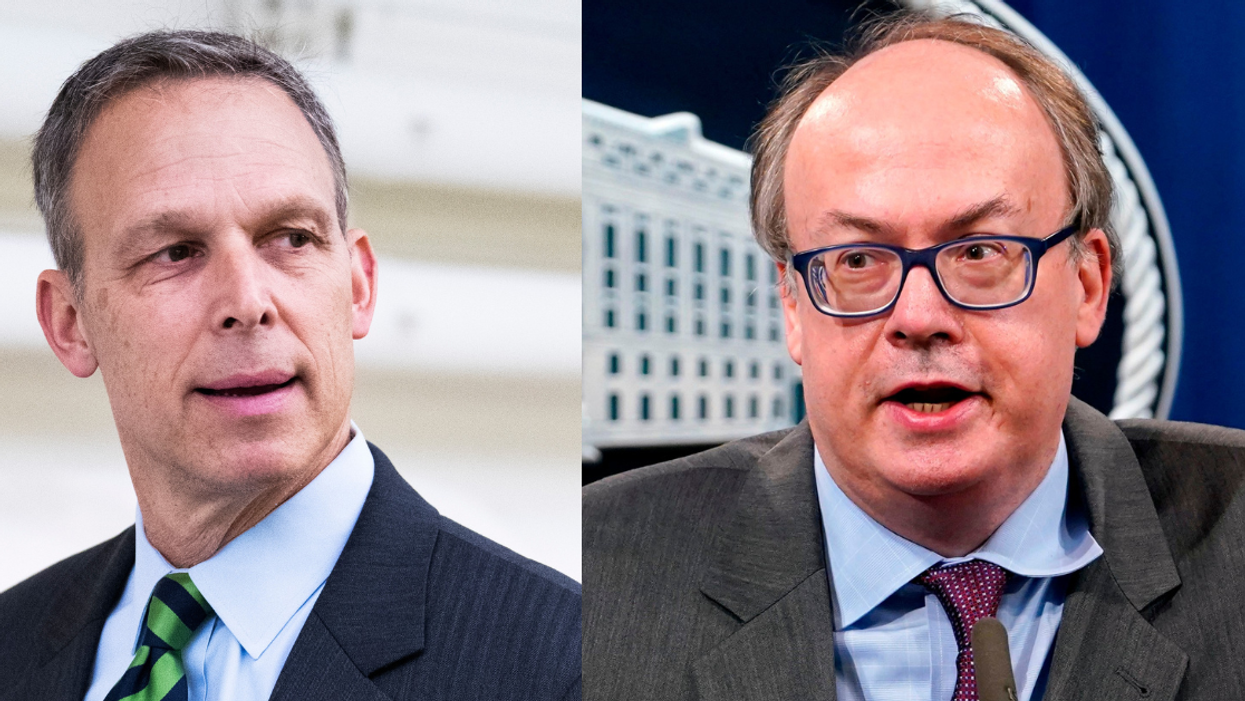

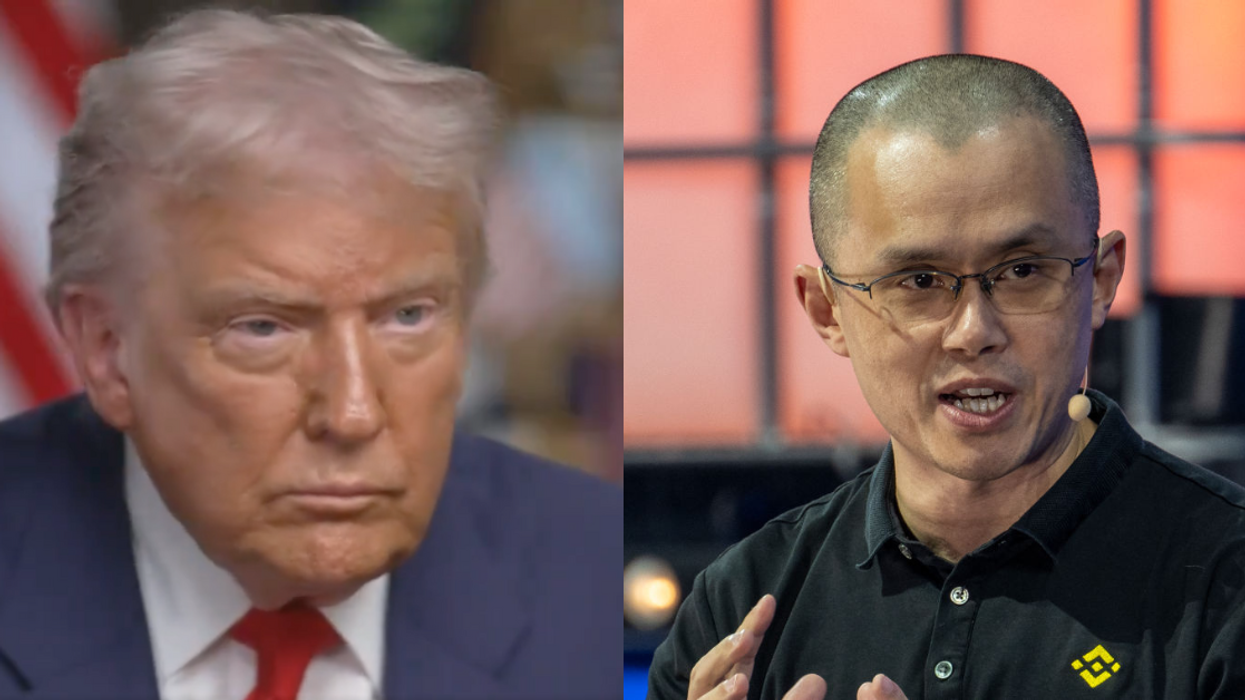






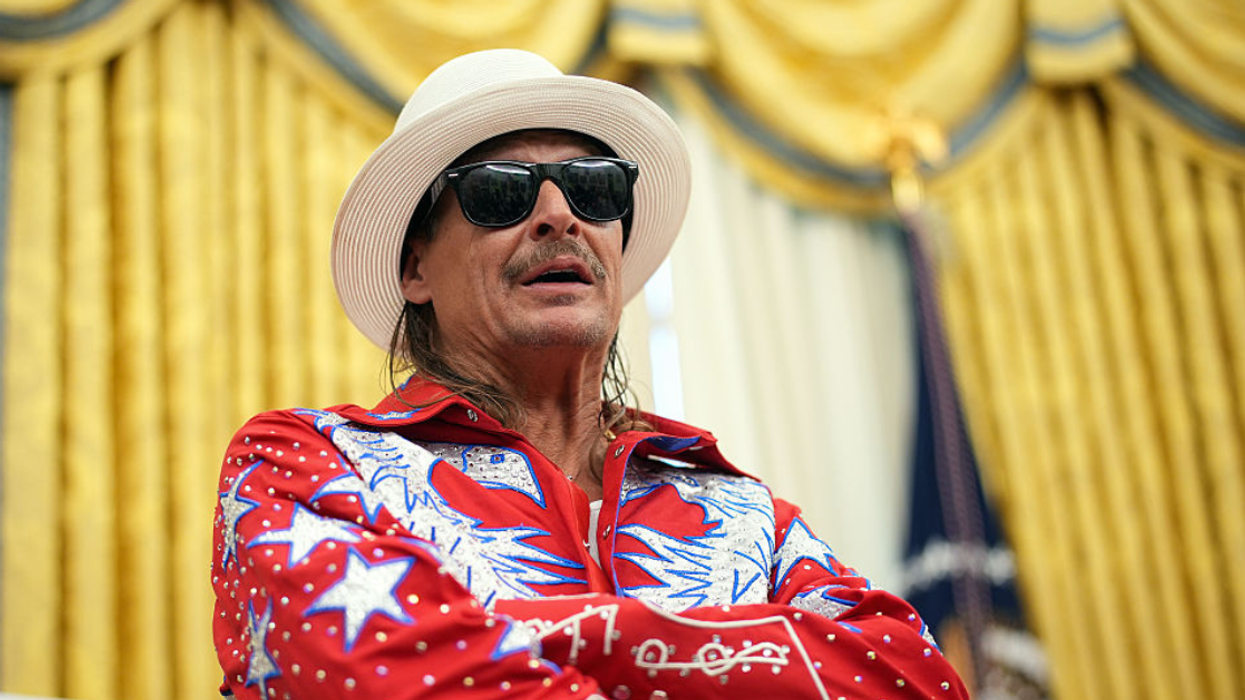
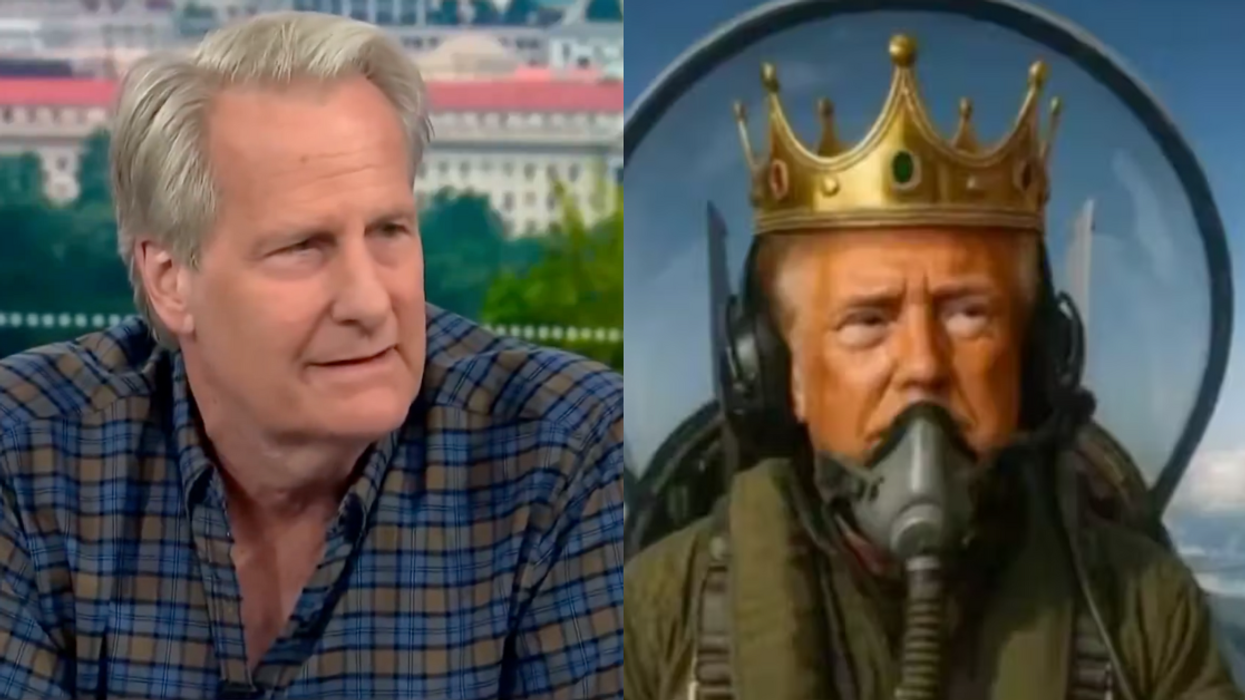

 mass.gov
mass.gov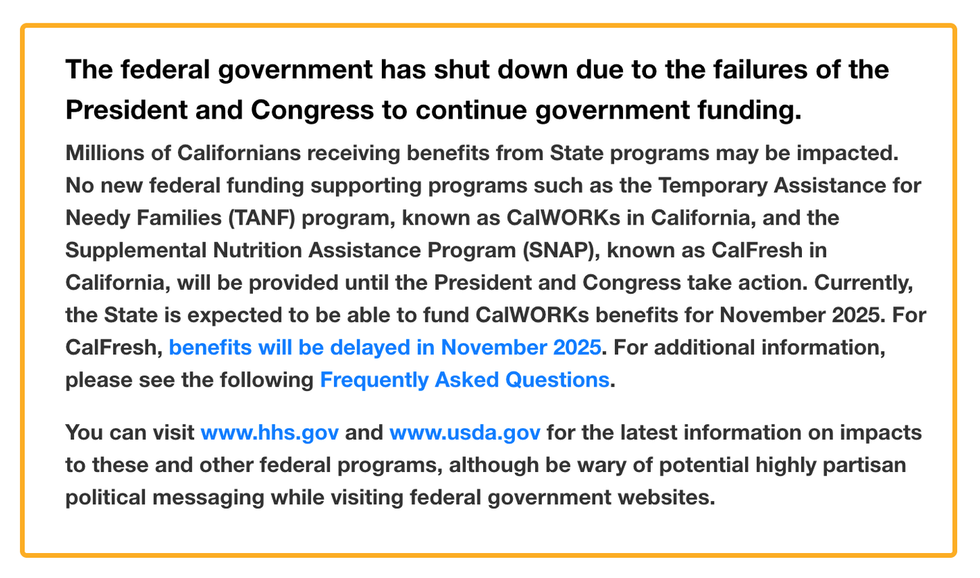 cdss.ca.gov
cdss.ca.gov
 Sad Break Up GIF by Ordinary Frends
Sad Break Up GIF by Ordinary Frends  so what who cares tv show GIF
so what who cares tv show GIF  Iron Man Eye Roll GIF
Iron Man Eye Roll GIF  Angry Fight GIF by Bombay Softwares
Angry Fight GIF by Bombay Softwares 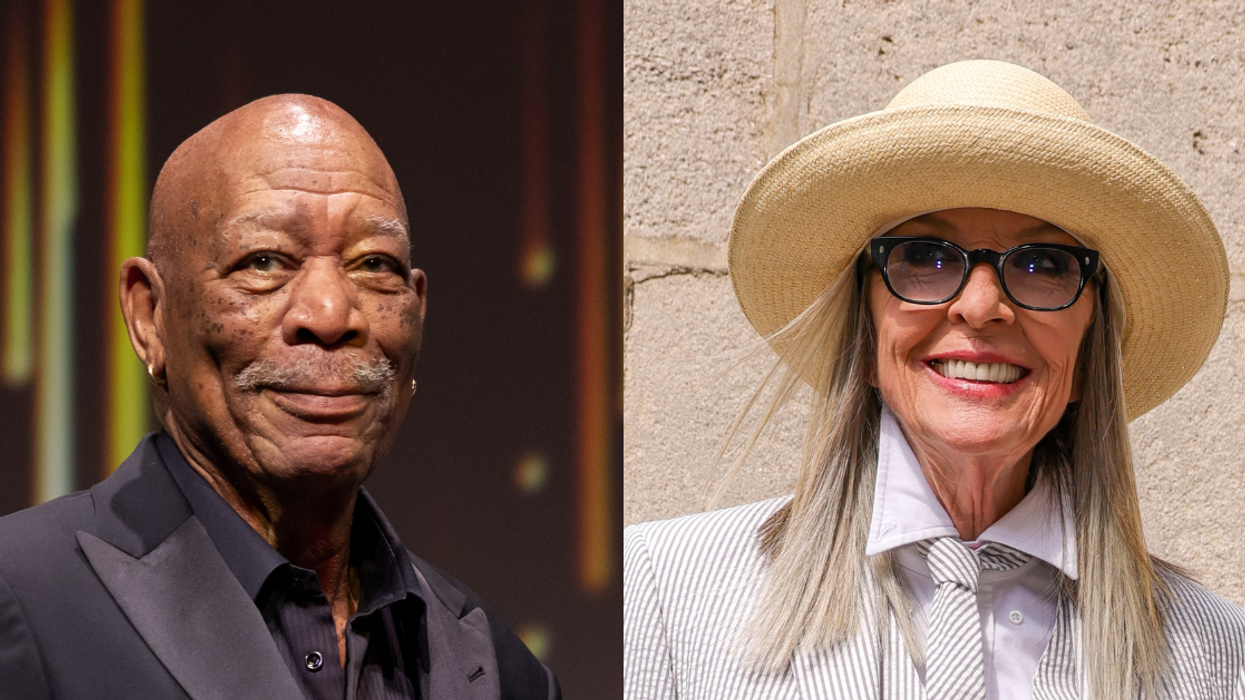
 @jimmykimmellive/Instagram
@jimmykimmellive/Instagram @jimmykimmellive/Instagram
@jimmykimmellive/Instagram @jimmykimmellive/Instagram
@jimmykimmellive/Instagram @jimmykimmellive/Instagram
@jimmykimmellive/Instagram @jimmykimmellive/Instagram
@jimmykimmellive/Instagram @jimmykimmellive/Instagram
@jimmykimmellive/Instagram @jimmykimmellive/Instagram
@jimmykimmellive/Instagram @jimmykimmellive/Instagram
@jimmykimmellive/Instagram @jimmykimmellive/Instagram
@jimmykimmellive/Instagram @jimmykimmellive/Instagram
@jimmykimmellive/Instagram @jimmykimmellive/Instagram
@jimmykimmellive/Instagram @jimmykimmellive/Instagram
@jimmykimmellive/Instagram @jimmykimmellive/Instagram
@jimmykimmellive/Instagram @jimmykimmellive/Instagram
@jimmykimmellive/Instagram